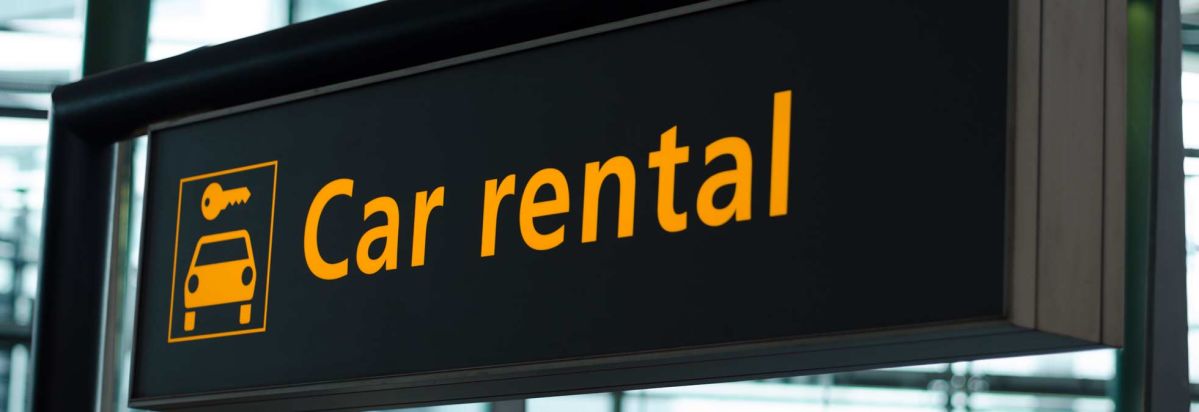In Byrd v. United States, the United States Supreme Court held that while a car thief does not have right to privacy in a stolen car no matter the degree of possession and control, the driver of a rental car can challenge a warrantless search of the vehicle even if the driver is not listed as an authorized driver on the rental agreement.
BACKGROUND FACTS
Latasha Reed rented a car in New Jersey while petitioner Terrence Byrd waited outside the rental facility. Her signed agreement warned that permitting an unauthorized driver to drive the car would violate the agreement. Reed listed no additional drivers on the form, but she gave the keys to Byrd upon leaving the building. He stored personal belongings in the rental car’s trunk and then left alone for Pittsburgh, Pennsylvania.
Pennsylvania State Troopers stopped Byrd for a traffic infraction. They learned that the car was rented, that Byrd was not listed as an authorized driver, and that Byrd had prior drug and weapons convictions. Byrd also stated he had a marijuana cigarette in the car.
The troopers proceeded to search the car, discovering body armor and 49 bricks of heroin in the trunk. The evidence was turned over to federal authorities, who charged Byrd with distribution and possession of heroin with the intent to distribute in violation of 21 U. S. C. §841(a)(1) and possession of body armor by a prohibited person in violation of 18 U. S. C. §931(a)(1). The District Court denied Byrd’s motion to suppress the evidence as the fruit of an unlawful search, and the Third Circuit affirmed. Both courts concluded that, because Byrd was not listed on the rental agreement, he lacked a reasonable expectation of privacy in the car.
COURT’S ANALYSIS AND CONCLUSIONS
In a unanimous decision favoring Byrd, Justice Anthony Kennedy wrote, “The mere fact that a driver in lawful possession or control of a rental car is not listed on the rental agreement will not defeat his or her otherwise reasonable expectation of privacy.”
The Court added that there can be numerous reasons why a driver unlisted on a rental contract may need to drive the rental car, and that the government had not shown that whether the simple breach of the rental contract would affect the expectation of privacy.
Also, the Court reasoned that one of the main rights attaching to property is the right to exclude others. Also, one who owns or lawfully possesses or controls property will in all likelihood have a legitimate expectation of privacy by virtue of the right to exclude. “This general property-based concept guides resolution of the instant case,” said Justice Kennedy:
“The Government’s contention that drivers who are not listed on rental agreements always lack an expectation of privacy in the car rests on too restrictive a view of the Fourth Amendment’s protections. But Byrd’s proposal that a rental car’s sole occupant always has an expectation of privacy based on mere possession and control would, without qualification, include thieves or others who have no reasonable expectation of privacy.”
The Court rejected the Government’s arguments that an unauthorized driver has no privacy interest in the vehicle. Byrd, in contrast, was the rental car’s driver and sole occupant. His situation is similar to the defendant in Jones v. United States, who had a reasonable expectation of privacy in his friend’s apartment because he had complete dominion and control over the apartment and could exclude others from it:
“The expectation of privacy that comes from lawful possession and control and the attendant right to exclude should not differ depending on whether a car is rented or owned by someone other than the person currently possessing it, much as it did not seem to matter whether the defendant’s friend in Jones owned or leased the apartment he permitted the defendant to use in his absence.”
The Court also rejected the Government’s argument that Byrd had no basis for claiming an expectation of privacy in the rental car because his driving of that car was so serious a breach of Reed’s rental agreement that the rental company would have voided the contract once he took the wheel. “But the contract says only that the violation may result in coverage, not the agreement, being void and the renter’s being fully responsible for any loss or damage,” said Justice Kennedy. “And the Government fails to explain what bearing this breach of contract, standing alone, has on expectations of privacy in the car.”
Kennedy’s decision concluded that there remained two issues which the Supreme Court remanded back to the lower courts: (1) whether Officer Long had probable cause to search the car in the first place, and (2) whether Byrd intentionally used a third party as a straw man in a calculated plan to mislead the rental company from the very outset, all to aid him in committing a crime.
With that, the Supreme Court vacated Byrd’s conviction and remanded back to the Third Circuit Court of Appeals.
Please contact my office if you, a friend or family member are charged with a crime. Hiring an effective and competent defense attorney is the first and best step toward justice.









